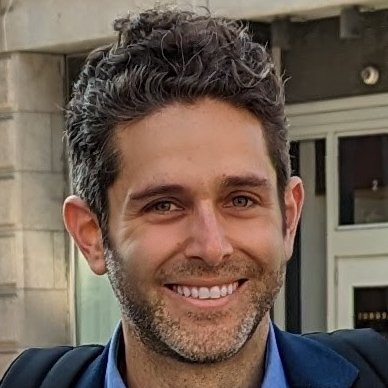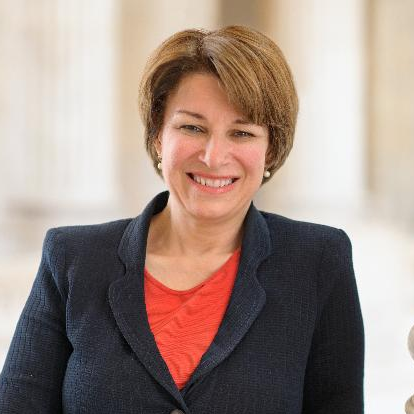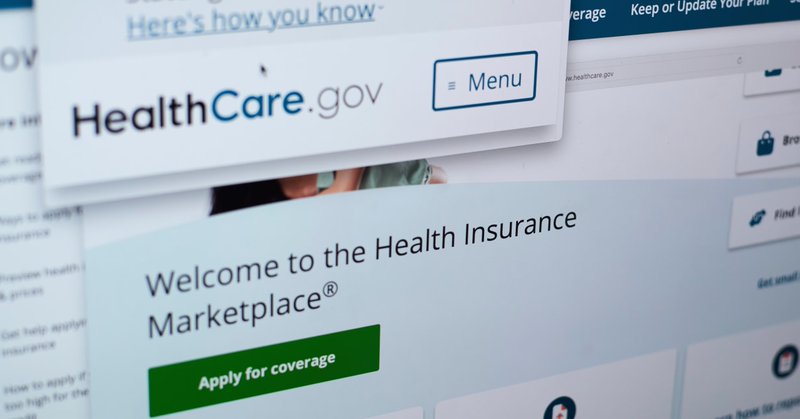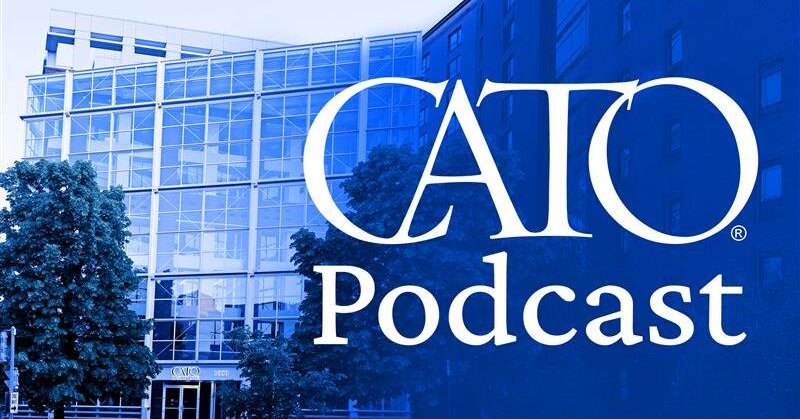
Adam Michel
@adamnmichel
Followers
3K
Following
3K
Media
261
Statuses
3K
Director of Tax Policy Studies @CatoInstitute. @JECRepublicans, @Heritage, @mercatus, @GeorgeMasonU alum. Opinions are my own.
Joined March 2011
@RominaBoccia @adamnmichel In theory, households with income above $600,000 can also qualify for PTCs, like this example. Unclear if such cases exist in reality.
@George_A_Callas Here's an example household that would receive enhanced PTCs at $500k in 2026 if extended: 60-year-old couple in Fairbanks, Alaska. They'd get $17k at $500k. This is the most expensive benchmark area, so unclear how typical it is. If not extended, they face a $53k cliff at 400%.
0
1
1
The ACA subsidies allow people with “incomes of almost $600,000 to qualify for government benefits. Roughly one-third of the boosted subsidies go to people with incomes above 400 percent of the poverty level” @adamnmichel
3
2
4
This is called welfare for the well-off
Early retirees like Bill & Shelly will see their health insurance premiums increase nearly 300%—from $442 to $1,700 per month if Congressional Republicans refuse to extend the enhanced tax credits. That's an extra $15K a year families can't afford. https://t.co/Uvo6sYi7YR
1
4
34
“The border adjustment is either tariff-like—and currencies do not fully adjust—or it is trade neutral and thus will not meet the policy priorities of mercantilist advocates, leaving them to desire additional tariffs in the future. The new border tax is bad either way.”
.@veroderugy and I respond in the Wall Street Journal to calls for reviving a border-adjusted corporate tax. Our letter explains why the idea remains misguided.
0
3
10
“DBCFT is a clever acronym for an old Beltway habit: spend more, tax more and call it reform. The solution to Mr. Trump’s tariffs is more mundane: Congress must reassert its power to levy tariffs and limit spending.” @adamnmichel @veroderugy
wsj.com
The DBCFT is a clever acronym for an old Beltway habit: spend more, tax more and call it reform.
0
1
4
Important @WSJopinion piece by @chrisjacobsHC dismantling the claim that Obamacare premiums will double if Biden's COVID credits expire. Most would pay ~$50-$100 more a month if the credits expire. And taxpayers would still pay ~80% of the premium. https://t.co/AYF8uPKdOs
wsj.com
The Democrats’ latest scare is based on a misleading study.
14
41
96
@adamnmichel: “Without credible plans to restrain spending, America’s fiscal future points toward a European-style taxation model: less growth, fewer jobs, and higher burdens on the middle class.”
1
2
4
Read the letter here:
wsj.com
The DBCFT is a clever acronym for an old Beltway habit: spend more, tax more and call it reform.
1
0
3
.@veroderugy and I respond in the Wall Street Journal to calls for reviving a border-adjusted corporate tax. Our letter explains why the idea remains misguided.
2
4
10
New @nberpubs: "Who Pays for Tariffs Along the Supply Chain? Evidence from European Wine Tariffs" https://t.co/NddDJkbwUV "U.S. consumers paid more than the government received in tariff revenue, because domestic markups amplified downstream price effects." 👀
4
47
122
Expensive, not well targeted, fueling rampant fraud – and more. Here are six reasons Congress should not extend the enhanced Obamacare subsidies. Watch this quick explainer from Cato Institute’s @adamnmichel to learn more.
1
3
17
@veroderugy and I highlighted the short-line railroad credit in our 2016 paper on corporate tax privileges. https://t.co/0WOQx8yqg6
0
1
3
The list of stupid special interest tax credits is seemingly endless. Read @_JackSalmon_ on why Congress should stop subsidizing short-line railroads in the tax code. https://t.co/TKoObi4ldS
2
0
3
Put this in the category of things I knew, but am still blown away when I see it written down. Some insane statistics from Will
Combining health sector tax expenditures with federal healthcare spending, the total fiscal cost of federal healthcare subsidies was more than $2.4 trillion in 2024, amounting to more than 47% of all US healthcare spending from all sources.
1
0
2
Treasury’s estimate for all health sector tax expenditures totaled $465 billion in 2024, amounting to about 27% of all tax expenditures and far exceeding tax preferences for any other sector.
1
2
2
This week on the @CatoInstitute Podcast w/ @GeneHealy and @MrRBourne we cover a lot of ground. 1) Gov. shutdown 2) ACA subsidy debate 3) Tariff revenue 4) SSDI reforms Come for the fiscal policy, but stay for @NealMcCluskey on education policy! https://t.co/858ytrRcrw
cato.org
President Trump’s new “Compact with Academia” aims to reshape higher ed using the leverage of federal funds. Our panel unpacks the constitutional risks of Washington’s latest salvo in the campus...
0
3
2
Highlights from this week’s @CatoInstitute Policycast on Trump’s “Compact with Academia” & #Shutdown Hardball 🧵
2
4
7
Wow! Unpacking this 1. People > 65 are on Medicare & not eligible for ACA subsidies 2. There are lots of people in Miami-Dade with this income who are on Medicaid 3. There are some with employer coverage & some who are uninsured. @KFF's data confirming massive, massive fraud
Really impressive enrollment in Miami-Dade County where insurers are claiming federal ACA subsidies for 782,118 people with incomes less than 150% of the federal poverty level, but only 669,115 residents have incomes that low. https://t.co/iskXf1roP6
https://t.co/jA4g2YC10O
2
6
15














